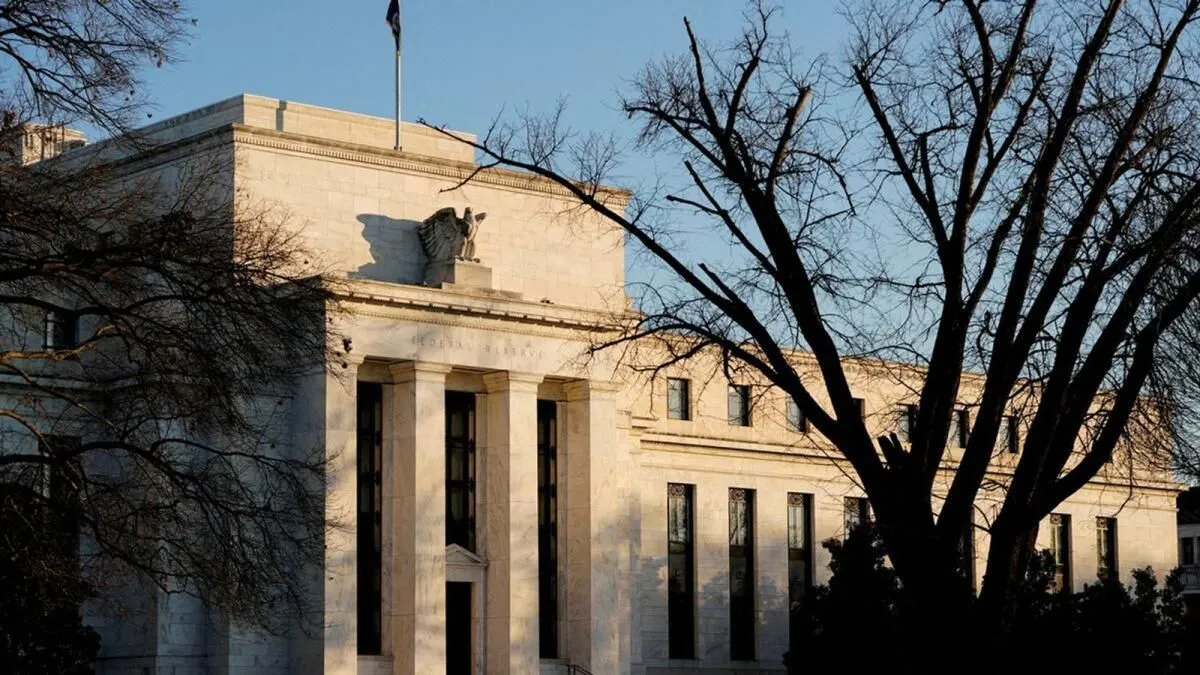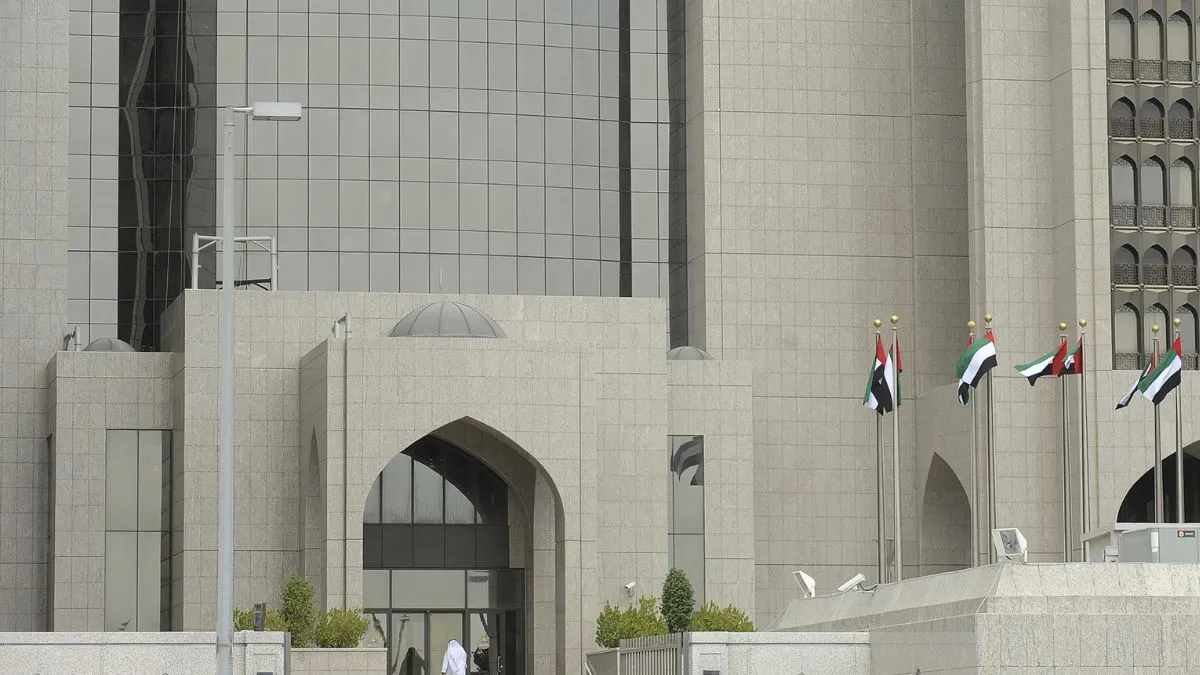News
In Response To The US Federal Reserve, UAE Banks Hiked Their Basis Points

The Central bank of the UAE has announced that they have raised their benchmark borrowing rates by 25 basis points- from 4.4% to 4.65%, which became effective from Thursday, 02 February 2023. The banks also include Saudi Arabia and Bahrain.
The decision to raise 25 basis points comes after the US Federal Reserve continues to push to bring down the tide, as they have targeted to bring it down to 2% from 6%. This highest the US has pushed rates since the 2008 financial crisis, is still responsible for global inflation, and is the eighth occasion since the US central bank began raising rates last march.
At these rates, the world’s largest economy is expected to avoid running toward a recession in 2023 as inflation has eased in the final quarter of 2022, which includes companies laying off their employees at the beginning of 2023 as well. The laying off has helped companies cool their job market and share prices.
UAE banks spiked their rates – For how much?
As most of the banks in the UAE follow the Fed’s policy rate, this indicates, that their currency is pegged to the US dollar except for Kuwait as its currency Dinar is linked to the basket of currencies.
The Saudi Bank also raised its repurchase agreement rate by 5.25 percent. The Saudi inflation rate was estimated to be around 2.6 in 2022. The early 2023 forecast indicates that inflation has further eased by 2.1 percent.

The central bank of Bahrain also increased one-week deposits by 25 bps to 5.5 percent, to ensure the smooth functioning of the money markets in light of the fluctuating international financial markets. The CBB, also the single regulator of the Bahrain financial industry, raised its interest by a single margin on a four-week deposit rate of 6.25 percent. Additionally, lending rates were also increased to 6.75 percent by 25 basis points.
Unlike other banks, the central bank of Qatar has decided to maintain its rate at 5.25 percent. It also didn’t flinch the deposit rate at 5 percent including the lending rate at 5.5 percent.
The Kuwaiti central bank increased its discount rate by half a percent last week to 4 percent, which became effective from January 26, 2023. The decision was taken after analyzing the movement of the Kuwaiti dinar interest rate in the local market, banking indicators, and local money as well as considering the changes to the interest rates on other major currencies. It also overviewed various factors affecting the customer price index to identify the core problems that put pressure on prices, in terms of the nature of Kuwait’s economy to the open world.
According to the world bank, Mena Economies expanded to 5.7 percent in 2022, highlighting tier highest in a decade, mainly owing to a rise in energy revenue due to higher oil prices over the Ukraine-Russia war; are expected to lower to 3.5 percent in 2023 and to 2.7 percent in 2024. Whereas, the Gulf cooperation council (GCC) remained lower than the global average rate, due to the high demand for oil, which benefits from the exchange rates. Growth in GCC countries spiked during 2022 as its economy has grown over 6.9 percent 2022, due to the high oil prices. However, the GCC economies are projected to lower to 3.7 percent in 2023 and 2.4 percent in 2024, owing to low oil prices.
Related Topics
🔹Dubai Unveils To Host 1,000 Sports Events A Year And Double GDP
🔹Dubai Records 5.5% Growth In Energy Demand In 2022 Compared To 2021
The crude price surged last year to a 14-year high of about $140 a barrel in march due to the wake of the Russia-Ukraine war. The same is expected to fall by about 16 percent per year. A barrel is expected to be around $88 a barrel; on average, the cost of a barrel could further drop to $81.13 in 2023 and $75.36 in 2023.
Despite last year’s pressure on the world economy, the economy of the UAE is believed to have expanded by an annual 7.6 percent in 2022, after growing only 3.8 percent in 2021. This indicates that the Arab economy has had the strongest expansion since 2011, mostly driven by its higher oil prices, housing policies, and increased growth in travel and tourism.
In addition to that, Arab has eased its Blockchain policy allowing more CEOs to shift their company headquarters to the UAE. This also marks a solid rebound in their economy after falling out to a coronavirus-prompted lockdown.
Regarding the hike in rates by the US federal receive, Jerome Powell the chair of the federal reserve has hinted that the rates may keep increasing in the coming days in the struggle to bring down the inflation rate.
With the current analysis from the IMF’s forecast, global inflation is expected to fall to 6.6 percent in 2023 and 4.3 percent in 2024, if financial strategies are focused.